I wrote this article in Japanese and translated it into English using ChatGPT. I also used ChatGPT to create the English article title. I did my best to correct any translation mistakes, but please let me know if you find any errors. By the way, I did not use ChatGPT when writing the Japanese article. The entire article was written from scratch by me, Saikawa Goto.
Introduction
Movies and books covered in this article

Three takeaways from this article
- This film may have been edited to show only “very limited ‘smiles'” that appeared during the three-year escape journey.
- Perhaps the film director wanted to create a “family album” that would transform painful memories into “happy” ones.
- It is because the film director’s intention is so clearly conveyed that this movie has become an incredibly powerful work.
Self-introduction article


Published Kindle books(Free on Kindle Unlimited)
“The genius Einstein: An easy-to-understand book about interesting science advances that is not too simple based on his life and discoveries: Theory of Relativity, Cosmology and Quantum Theory”
“Why is “lack of imagination” called “communication skills”?: Japanese-specific”negative” communication”
The quotes used in this article are based on notes taken at the movie theater from movies in Japanese and are not direct quotes from the foreign language original movies, even if they exist.
The “Record of a Surprising Escape”, which was Filmed with Three Smartphones during a 5,600 km Journey as a Refugee, is Full of Unexpected “Daily Life”

Let me briefly explain the situation leading up to the filming of this movie and the severity of their escape.
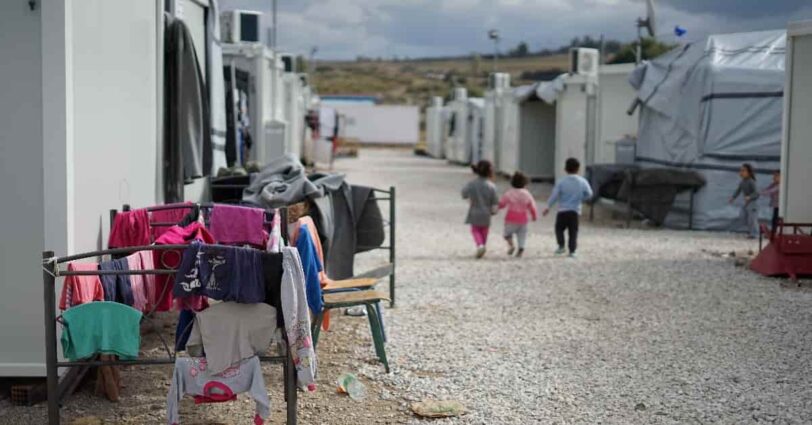
Hassan Fazili, the director of “Midnight Traveler” and visual artist, received a death sentence from the Taliban for a documentary he had previously produced. The man who appeared in the documentary was killed, and Hassan himself was in danger. So he decided to escape from Afghanistan to Europe, a journey that covered over 5600km. He filmed the journey with his wife and two daughters using three smartphones, and that is “Midnight Traveler.”

When it’s introduced this way, you might feel like it’s a serious documentary that shows the harsh reality of refugees. Of course, there are many depictions like that, and it’s also interesting in the sense that “refugees themselves are constantly recording their own situation.”
However, it’s not just that kind of film. This movie is filled with the “smiles” of Hassan’s family. That’s what makes this movie very unique.
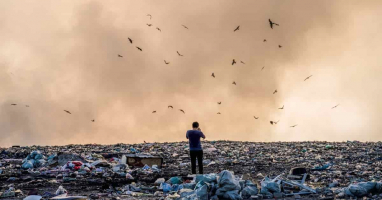
Are the Family’s Smiles “Ordinary” or “Extraordinary”?
The first thing I thought about when watching this movie was whether the family’s smiles were “ordinary” or “extraordinary”.
There are many scenes in the movie where the family is smiling, to the point where it makes you forget that you are watching a documentary about refugees. As a result, it becomes a work that “questions the reality of refugees”, but I don’t think that was the film director’s intention. It’s just my personal speculation, but I believe this movie was shot as part of a “family album”.

The film tells us that the family’s life as refugees lasted for three years and is still ongoing. This means that there is at least three years worth of footage. Even if there were only a few moments of “smiling” during this time, I think there should be enough material to include many scenes of “smiling” in a single film because he has been filming for three years.
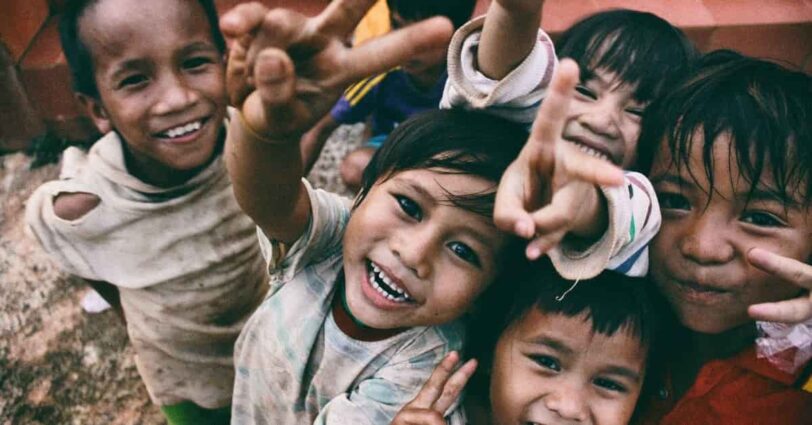
So, I think that the “smiling” captured in this movie should be considered a rare and special “extraordinary” occurrence.

In the movie, Nargis, the older sister, provides narration at various points. At one point, she says,
I want to forget. I never want to remember this journey.
The film also shows Nargis saying things like “I’m sick of this life” and crying while saying “It’s so boring.” It’s clear that they are going through an extremely difficult reality that we can’t even imagine.
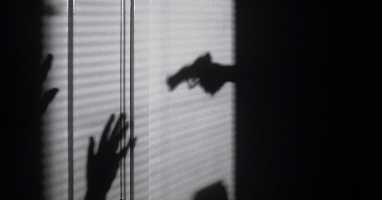
However, on the other hand, it can be said that Hassan, a video maker, has the power to “rewrite the past of the family” by skillfully editing the footage he has collected. Everyone has the experience of feeling that their difficult past has become a “good memory” over time. I imagine that he tried to achieve this through the grand scale of “making a movie for the world to see”.
Therefore, I think that the scenes depicted in this movie should be seen as “‘what actually happened’, but not necessarily ‘real itself’.” It can be said to be a kind of “twisted reality”. And it is because of such strong feelings of the father that this movie has an exceptional power as a documentary film, I feel.

A Movie that Depicts “Existence of Daily Life” for Refugees
I often watch movies based on documentaries or true stories, and naturally, the theme being addressed exists at the core of the work. For a movie that deals with war as a theme, “war” is usually at the core, and various elements are arranged around it.
However, in this movie, despite the fact that “being a refugee” is an unshakable background, that fact does not become the core of the work. This is a very unique composition made possible by the fact that the person at the center of the situation filmed, and I think it’s one of the unique aspects of this work.
Anyway, there is surprisingly little “misery” in this movie.
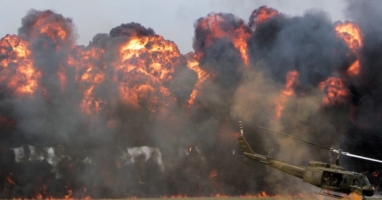
I think that both documentaries and movies based on true stories tend to become oppressive as the themes get heavier. While I enjoy watching such works, there may be people who would prefer to avoid them. However, even those people can safely recommend this film. This is because it can be viewed with the feeling of “by the way, learning about the reality of refugees.”
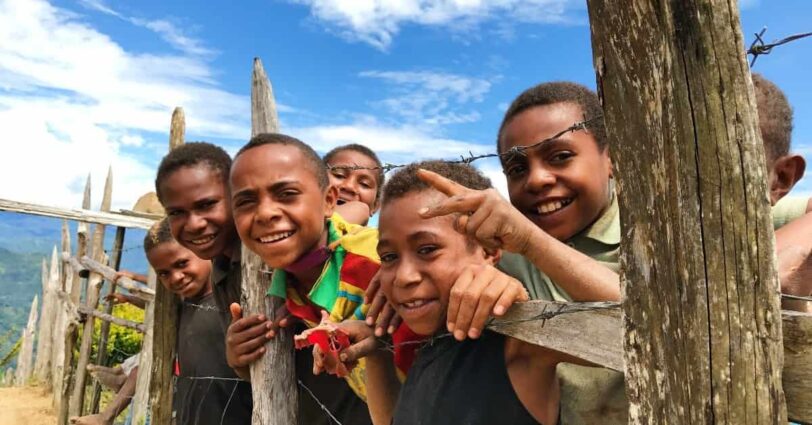
Some people might feel healed by the cuteness of the two daughters when watching the movie. Zafra, the younger sister, may not fully understand the situation they are in, and that could be the reason for her innocence. On the other hand, Nargis, the older sister, should understand the reality of being a “refugee.” However, she behaves lightly as if she didn’t care about such reality. There were many funny scenes that make us laugh, such as the one where she dances to the music playing on their smartphone, which I think is by Michael Jackson.
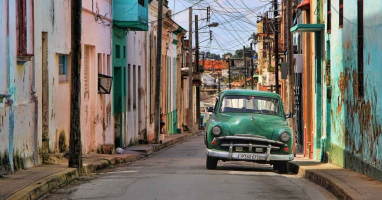
Hisy wife Fatima is quite interesting. There was a scene like this. When a young woman from the neighboring tent came to borrow a stove in the refugee camp, Hassan said to her, “You get cuter every time I see you,” but when she left, his wife told him to “stop saying things like that.” It seems like she was jealous. From there, it escalated into a kind of argument between husband and wife. Perhaps because his wife is also a film director, Hassan would argue, “Is it okay to kiss in a movie?” After repeating such exchanges several times, his wife seemed to have become amused by the absurdity of the quarrel they were having over something so trivial, and burst out laughing.
When you hear “refugee camp,” you probably don’t imagine scenes like this. The movie “Midnight Traveler” has many scenes like this.
It can be said that “Refugees” are a distant existence for us Japanese. One reason for this is the “abnormally low recognition rate of refugees in Japan”. Simply put, it means that we, live in Japan, have no opportunity to see or imagine the reality of “refugees.”

That’s why people misunderstand that “extreme reality” reported in the news is the “daily life.”
It’s fair to say that the movie “Midnight Traveler” makes us realize again that “refugees are living the ‘daily life of being refugees’.” Of course, behind their “daily life,” there always exists an unimaginably harsh reality. However, their “daily life” is not only dominated by that harsh reality. They also have a proper time that can be called “daily life.”

I felt that this movie should be viewed in that way.

Now, that’s why we need to be careful how we perceive it. It’s not just about this movie, but it’s important to remember that “the ‘reality’ depicted doesn’t apply to all refugees.”
They were deceived by shoddy smugglers or faced anti-immigrant movements in Bulgaria, but they were able to make it to the refugee camp somehow. It may not be accurate to say this, but I think it’s fair to call them “fortunate refugees” overall. There may be some who couldn’t make it to the refugee camp or who lost their lives during their escape.
Of course, it’s wrong to think, “I felt living as a refugee seems tough, but it unexpectedly seems kind of fun.” I view this work as “spicing up a family album with ‘the harsh reality of refugees'” and feel that one shouldn’t watch this work alone and think they understand “the reality of refugees.”
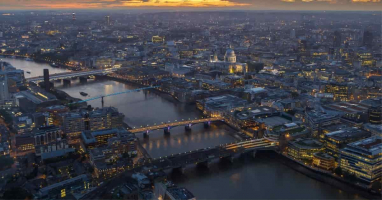
As a viewer, it’s important to be aware of the mindset when watching this movie, but I think the fact that even in desperate situations, people can still hold onto their “smiles” can be seen as a “hope” for the viewer.
The Conflict of Hassan as a Movie Director
This movie has a slightly unusual element that is neither a “family album” nor a “harsh reality of refugees”. That’s the “conflict of Hassan as a movie director.”
Hassan says,
Being a movie director is a calling.
Even in the current situation where he is forced to flee Afghanistan because of the documentary film he made, he asserts this.


However, he also says,
I love movies. However, sometimes movies can be cruel.
In the midst of his escape, Hassan unexpectedly finds himself struggling with something like a “destiny as a film director.”
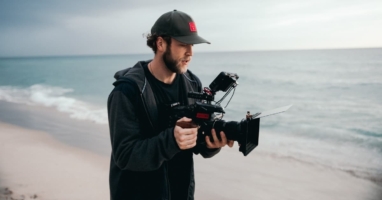
While applying for asylum in Hungary at a refugee camp in Serbia, the youngest daughter Zafra disappeared from sight. The wife confirmed seeing her daughter an hour ago. Around that time, there was a rape incident involving a young girl nearby, and the worst-case scenario was feared.
However, Hassan apparently had a thought, if only for a moment, like this:
It’s a perfect shutter chance. Let’s take my smartphone and go look for my daughter. It will be a wonderful scene. Take my smartphone and enter the forest. Find my daughter’s body. And just as I do, my wife will arrive.
Well, certainly, as a film director, such a thought process might occur. Of course, he also said,
I was overwhelmed by intense self-loathing.
This scene, which is only developed through Hassan’s narration, shows only the image of the moon floating in the night sky. In other words, Hassan went to look for his daughter without a smartphone. Well, of course he would have.

However, even if it was just for a moment, he thought, “If I take it with my smartphone…” and he confesses this fact in the movie, even though there was no need to. In a sense, it can be said that this movie is made possible precisely because he is such a film director. Despite the fact that he has caused his family to suffer greatly because of the movie he made, he is filming that situation even more as a movie, so it takes quite a bit of courage.
In many ways, it can be said that this is a movie that only Hassan could make.
Conclusion

Various problems are constantly occurring in the world. As I am writing this article, the invasion of Ukraine by Russia is still ongoing, and there are many other world issues that are not reported in the Japanese media.
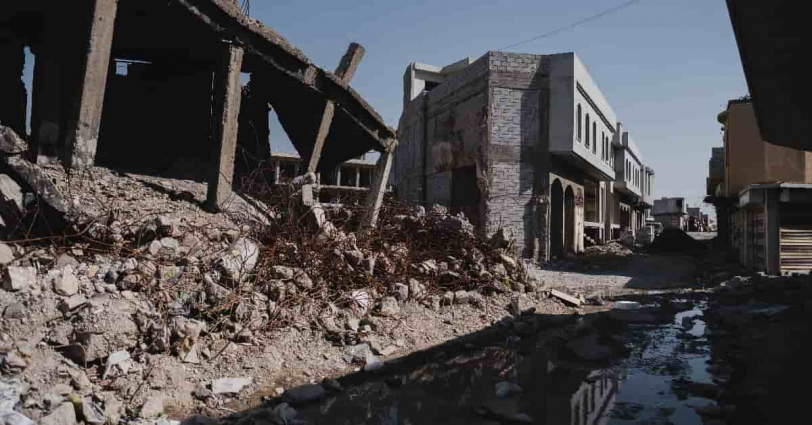
We tend to only be shown the severity of the problems, making us feel like that’s all there is to the issue. But it’s natural for people living in that reality to have their own “daily life.”
I think this is a remarkable work that cheerfully portrays the “daily life” within the harsh reality that is not often seen.

Published Kindle books(Free on Kindle Unlimited)
“The genius Einstein: An easy-to-understand book about interesting science advances that is not too simple based on his life and discoveries: Theory of Relativity, Cosmology and Quantum Theory”
“Why is “lack of imagination” called “communication skills”?: Japanese-specific”negative” communication”

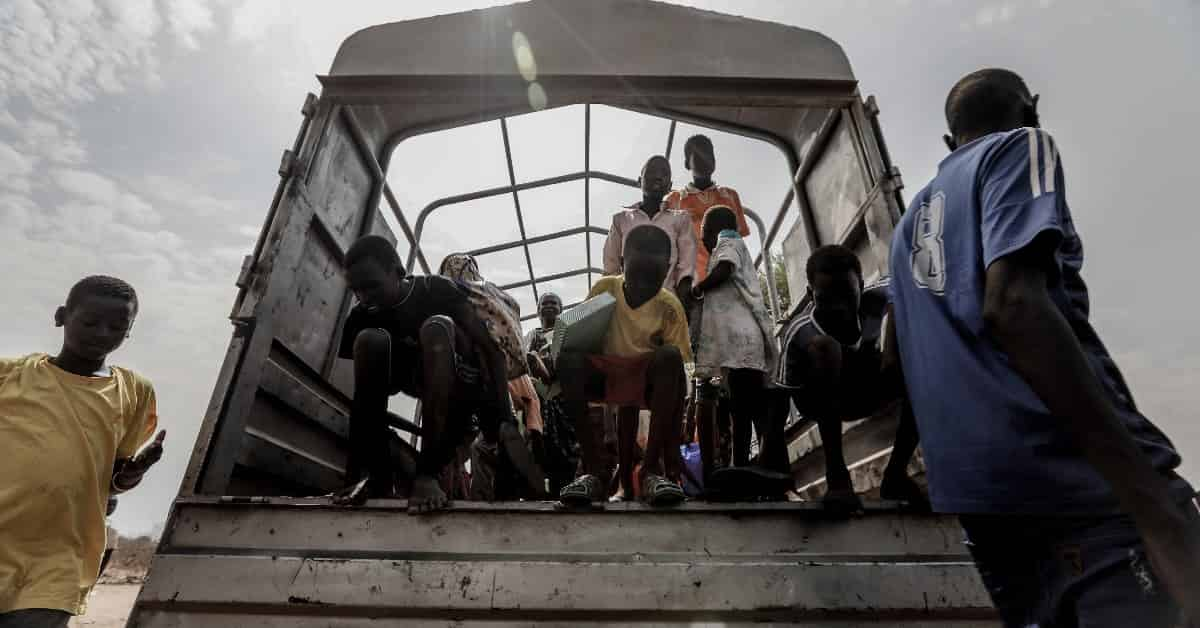





コメント